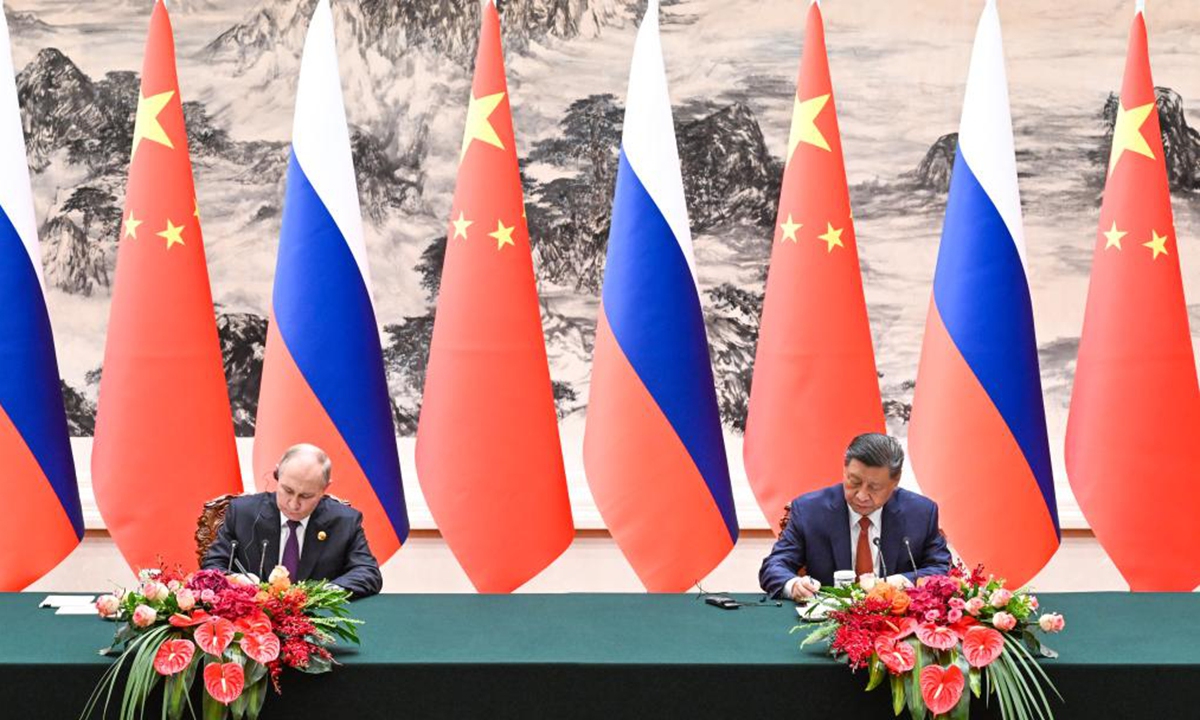Russia’s global cooperation is a complex interplay of strategic interests, historical ties, and evolving geopolitical dynamics. While the country has often been viewed as a global adversary, it has also sought to engage with various nations and international organizations to achieve its foreign policy objectives.
Key Areas of Global Cooperation
- Economic Cooperation:
- Energy Partnerships: Russia has leveraged its vast energy resources to forge strong economic ties with countries in Europe and Asia.
- Trade and Investment: Russia has sought to diversify its economy by expanding trade and investment with countries in Asia, Africa, and Latin America.
- International Financial Institutions: Russia has actively participated in international financial institutions like the BRICS New Development Bank and the Shanghai Cooperation Organization.
- Security Cooperation:
- Military Alliances: Russia has strengthened its military cooperation with countries like China and India, forming strategic partnerships.
- Counterterrorism: Russia has collaborated with other countries to combat terrorism, particularly in the Middle East and Central Asia.
- Cybersecurity: Russia has engaged in international cooperation on cybersecurity, although it has also been accused of cyberattacks.
- Diplomatic Efforts:
- Multilateral Diplomacy: Russia has actively participated in multilateral forums like the UN Security Council and the G20.
- Regional Diplomacy: Russia has sought to play a key role in regional conflicts and crises, particularly in the Middle East and Eastern Europe.
- Cultural Exchange: Russia has promoted cultural exchange programs to enhance its soft power and build bridges with other nations.
Challenges and Limitations
Despite its efforts to engage in global cooperation, Russia faces several challenges:
- Geopolitical Tensions: Russia’s strained relations with Western countries, particularly the US and EU, have limited its ability to cooperate on global issues.
- Economic Sanctions: Western sanctions imposed on Russia have hindered its economic development and limited its access to international financial markets.
- Human Rights Concerns: Russia’s human rights record has been criticized by Western countries, which has impacted its international reputation.
- Domestic Political Challenges: Domestic political instability and economic difficulties can undermine Russia’s foreign policy objectives.
The Future of Russian Global Cooperation
The future of Russia’s global cooperation will depend on a variety of factors, including the evolution of the international political landscape, the resolution of geopolitical tensions, and Russia’s domestic political developments. While Russia may face significant challenges, it will continue to seek opportunities to expand its global influence and secure its national interests.

Leave a Reply